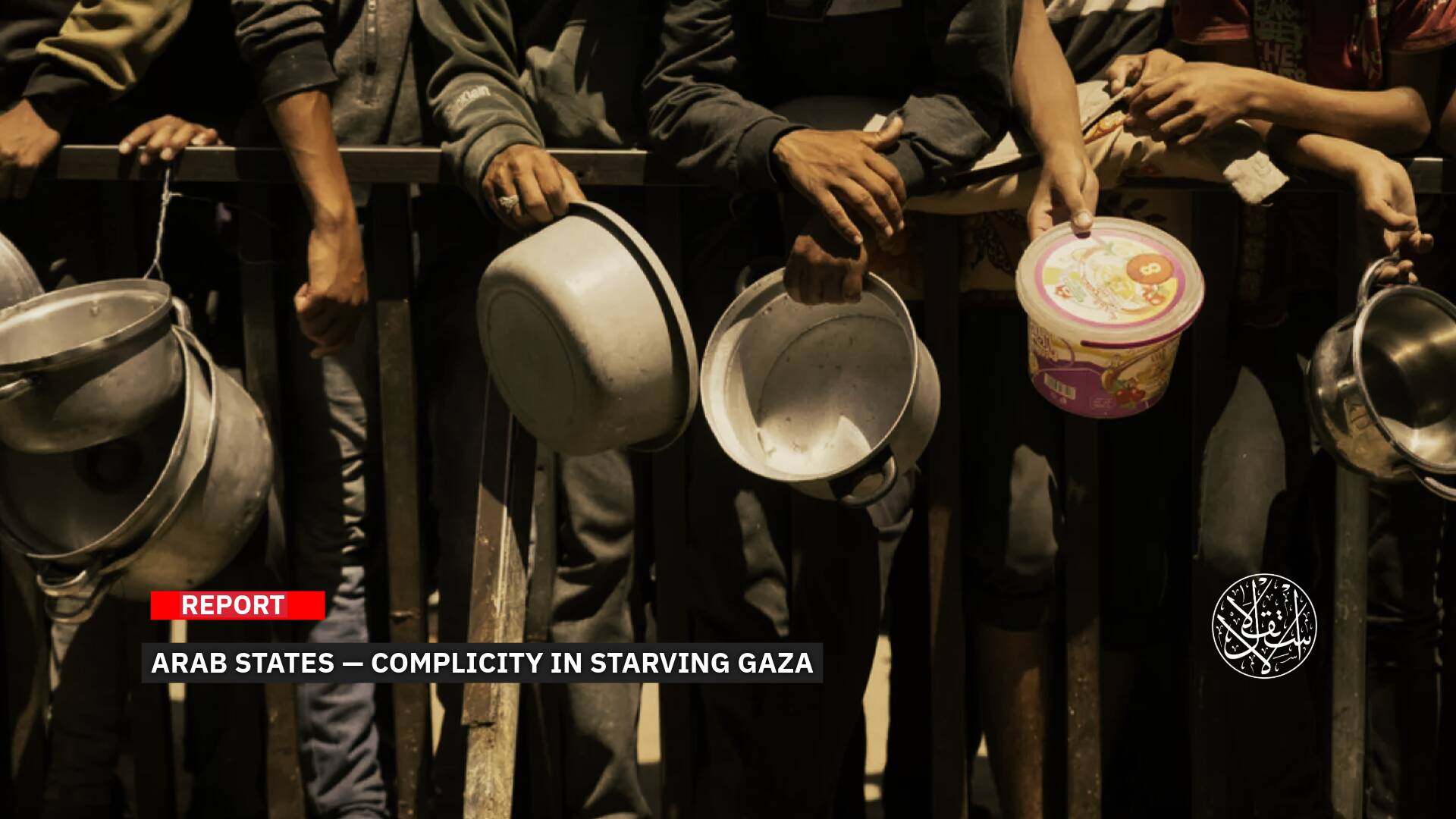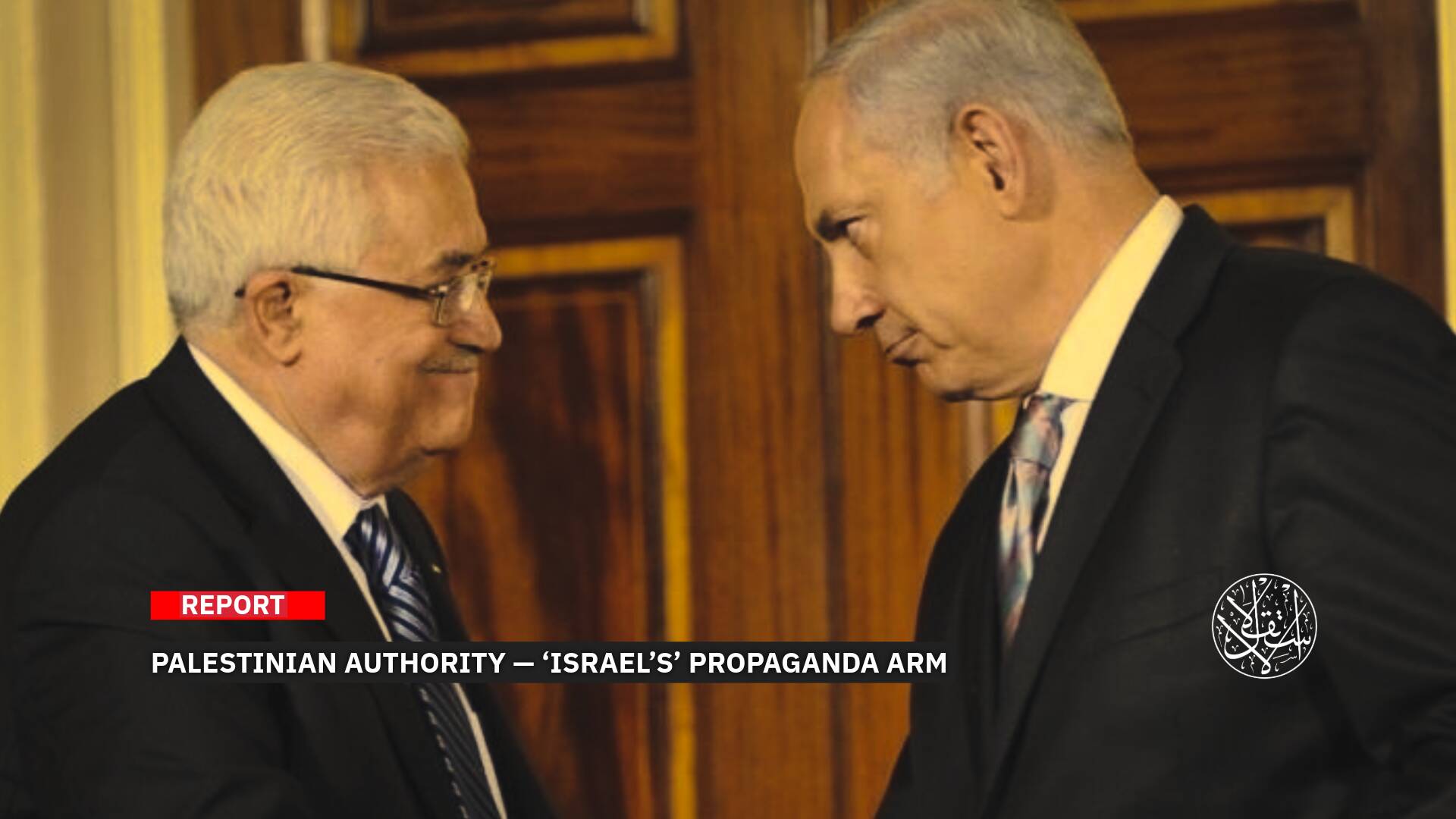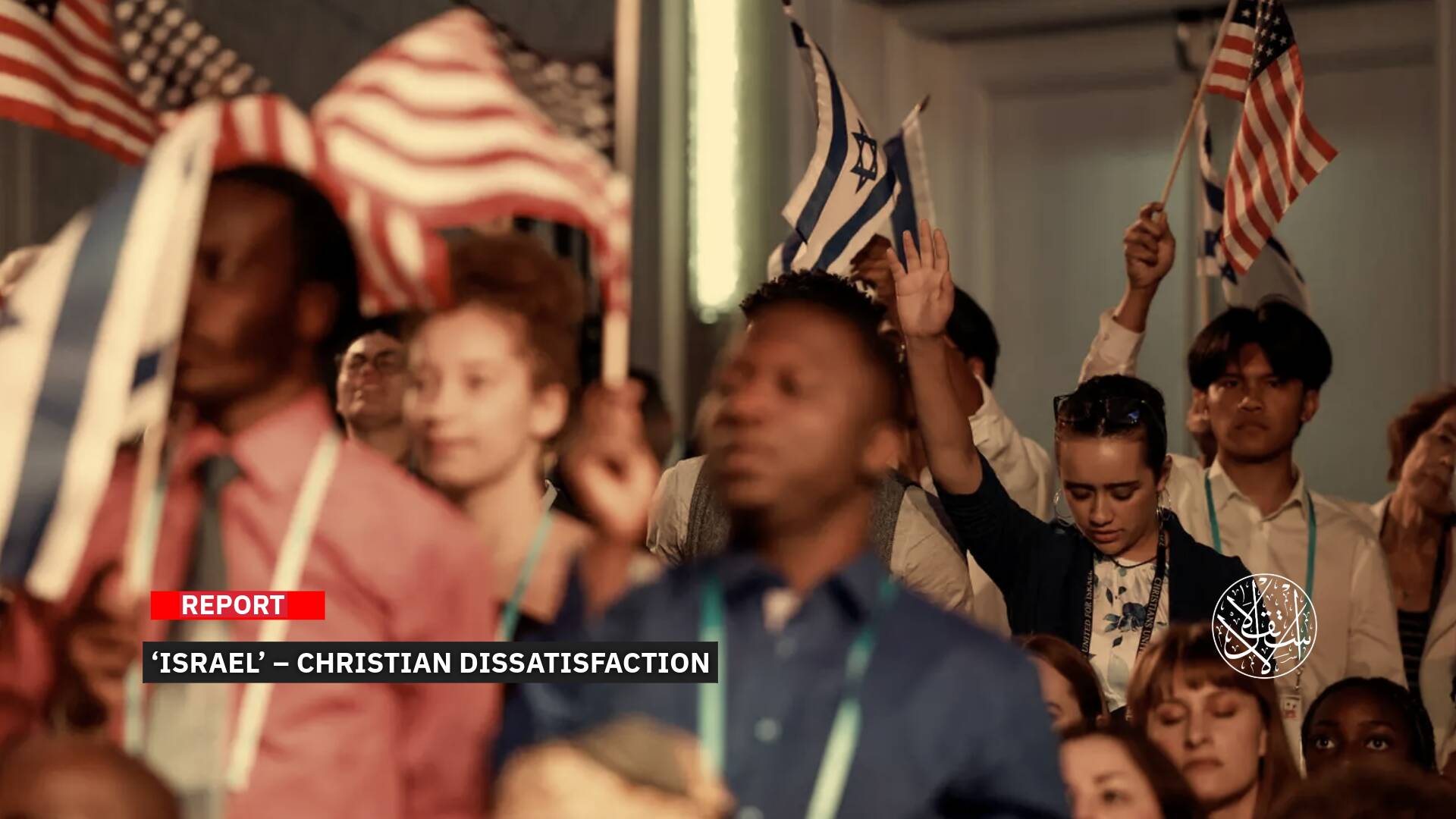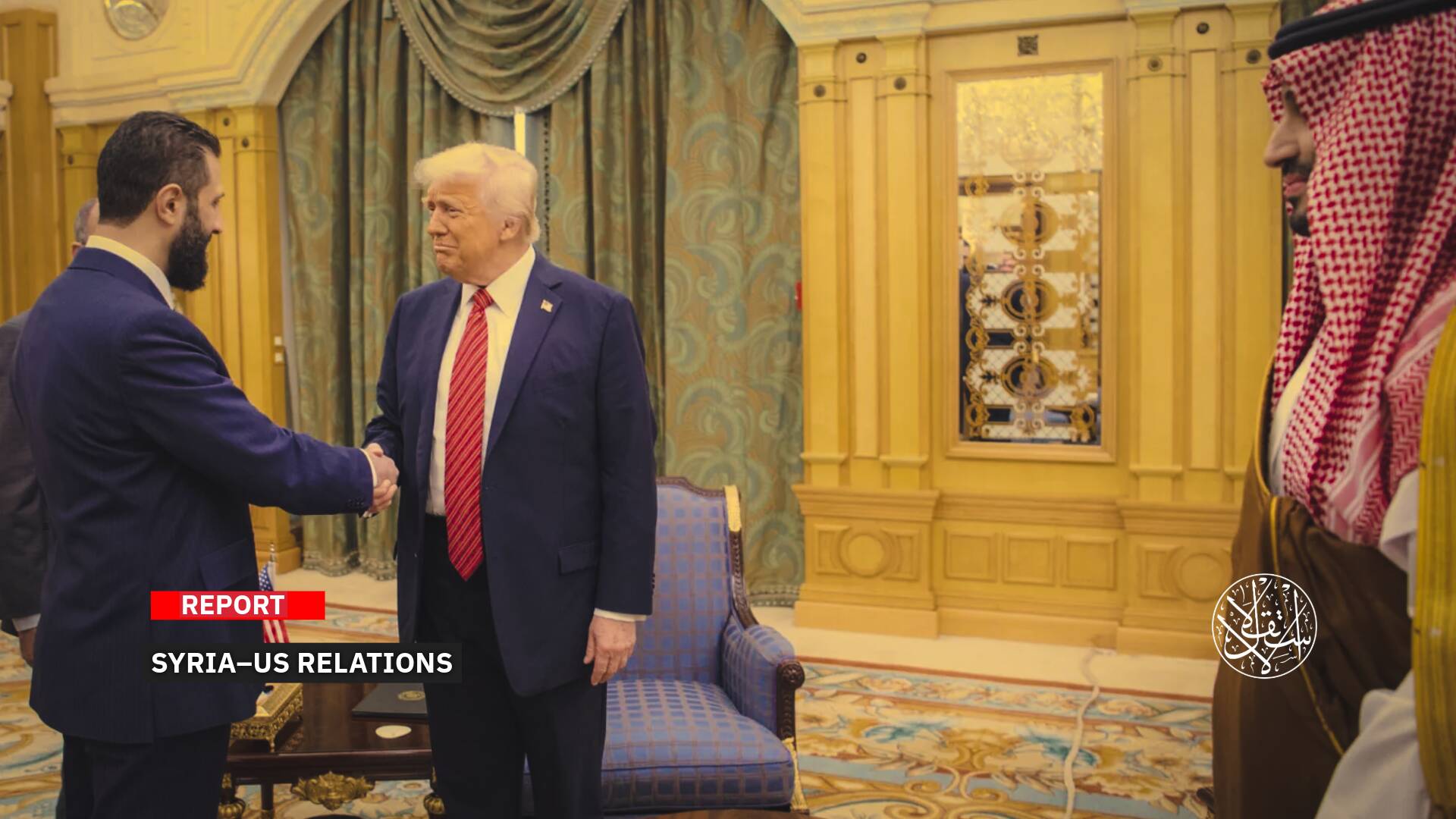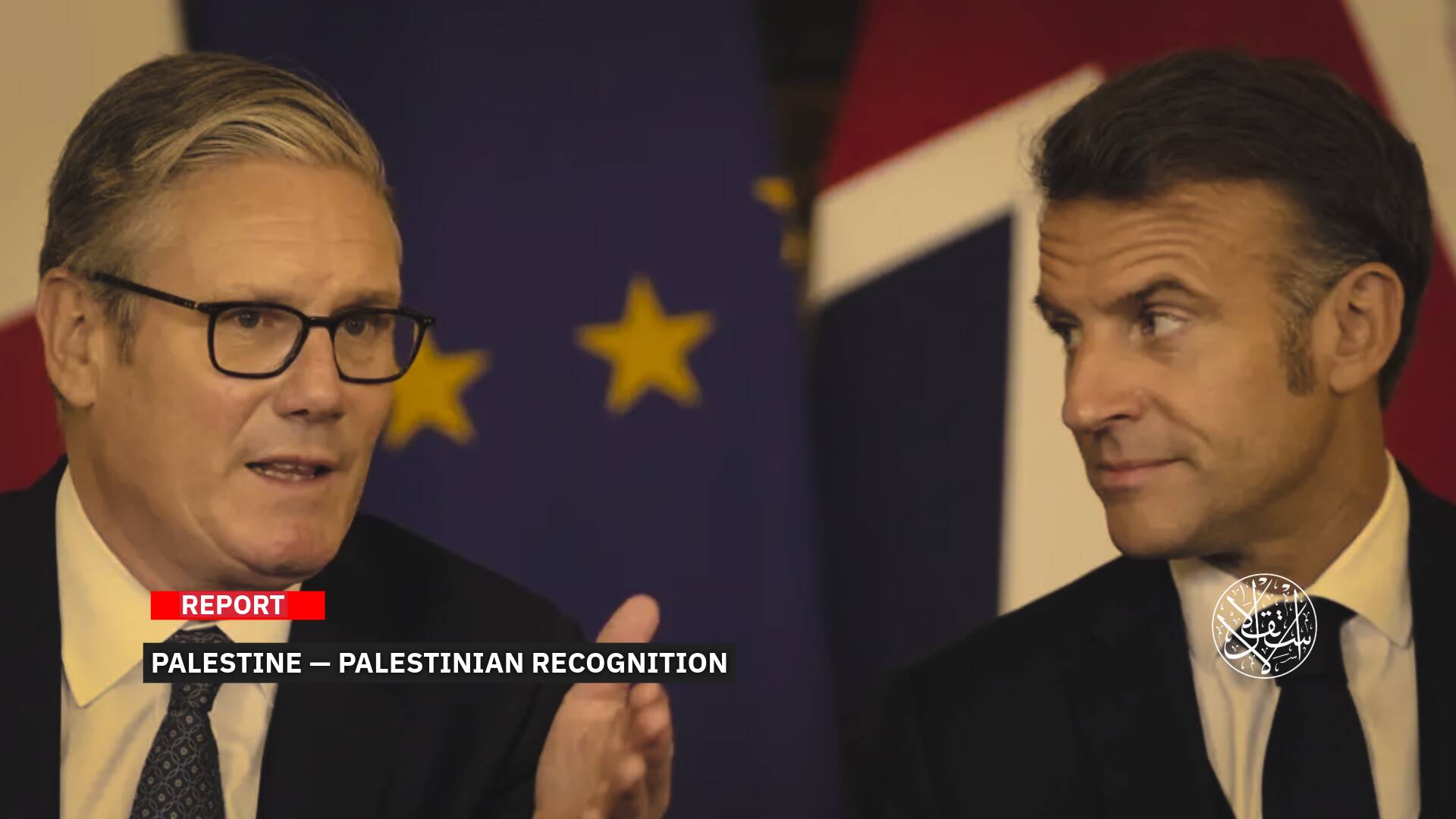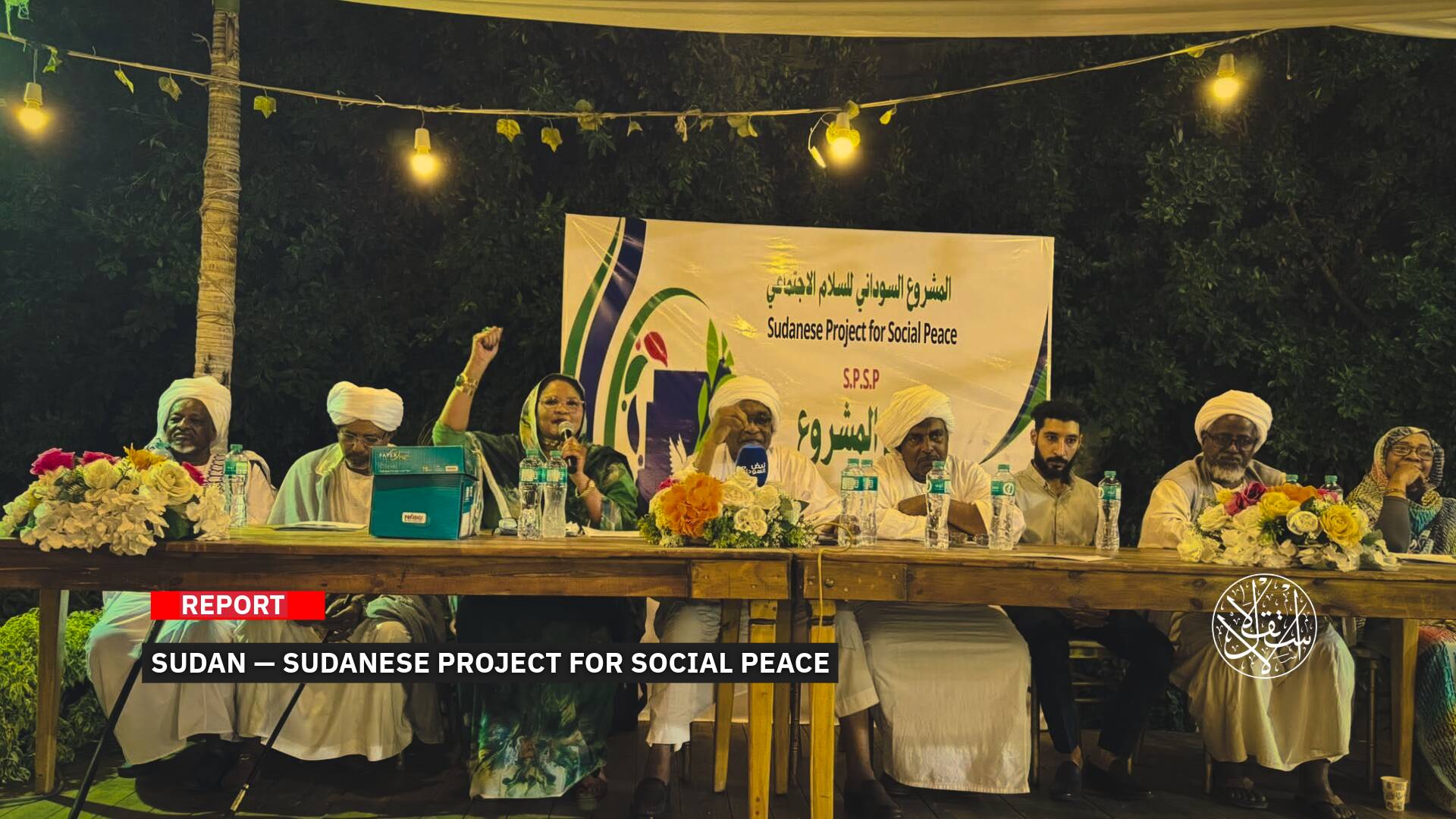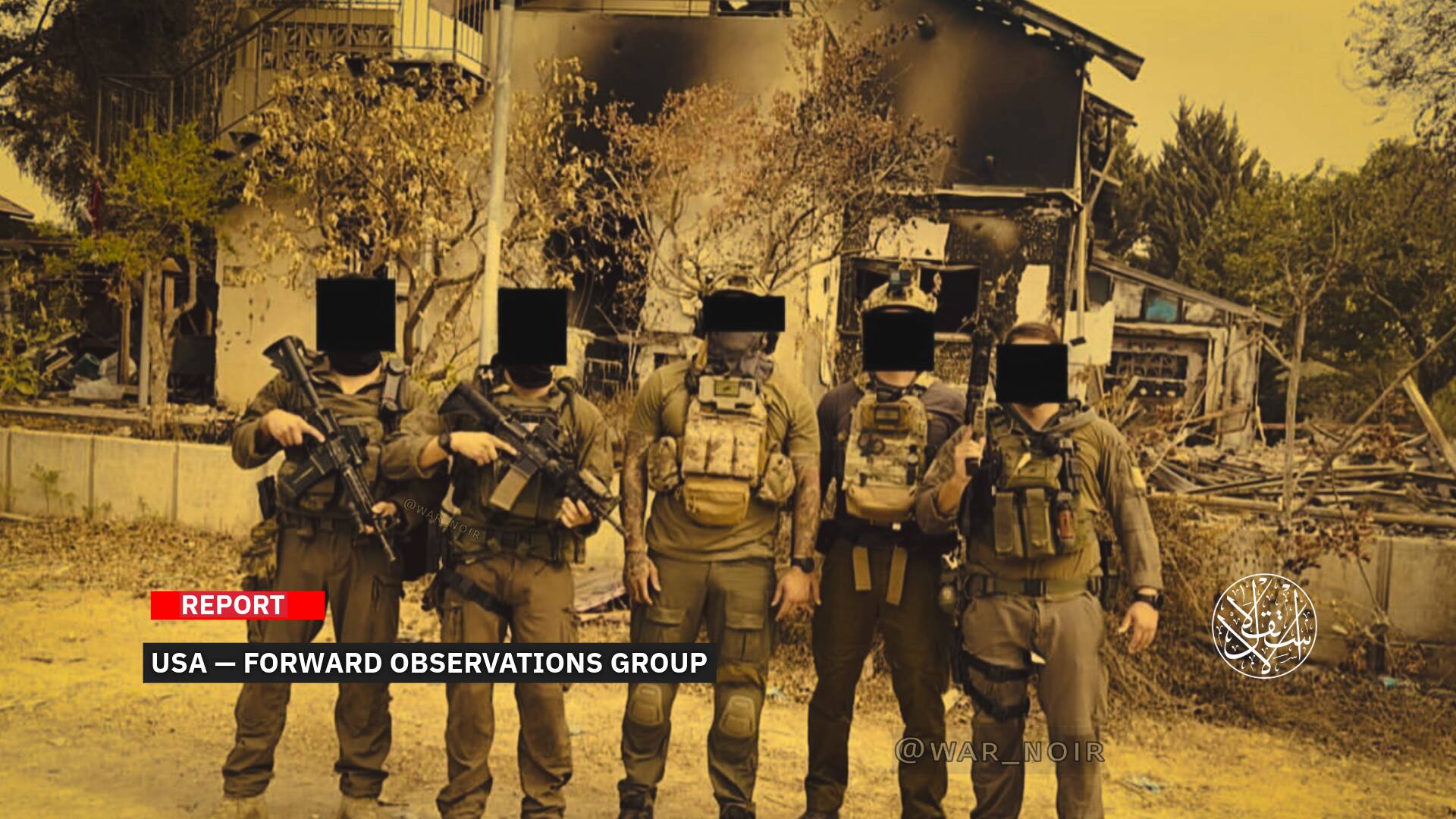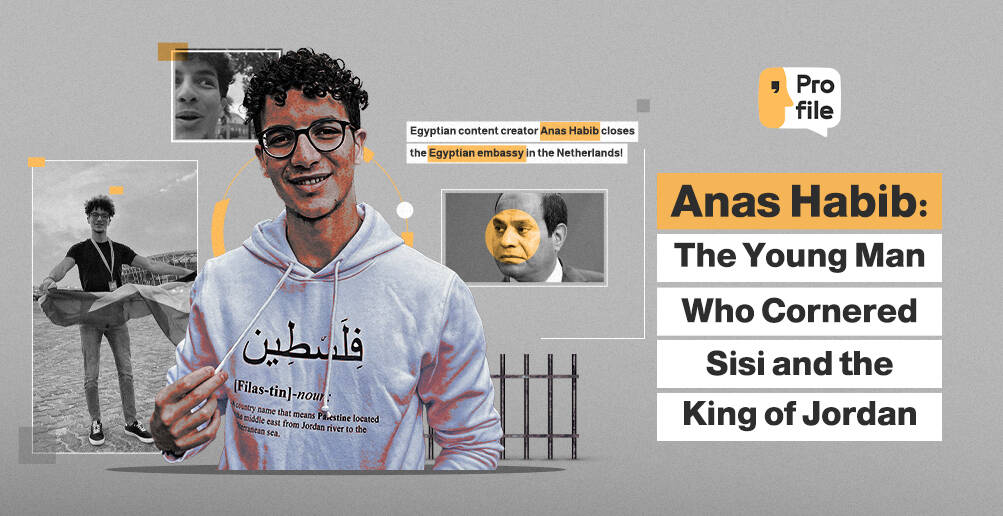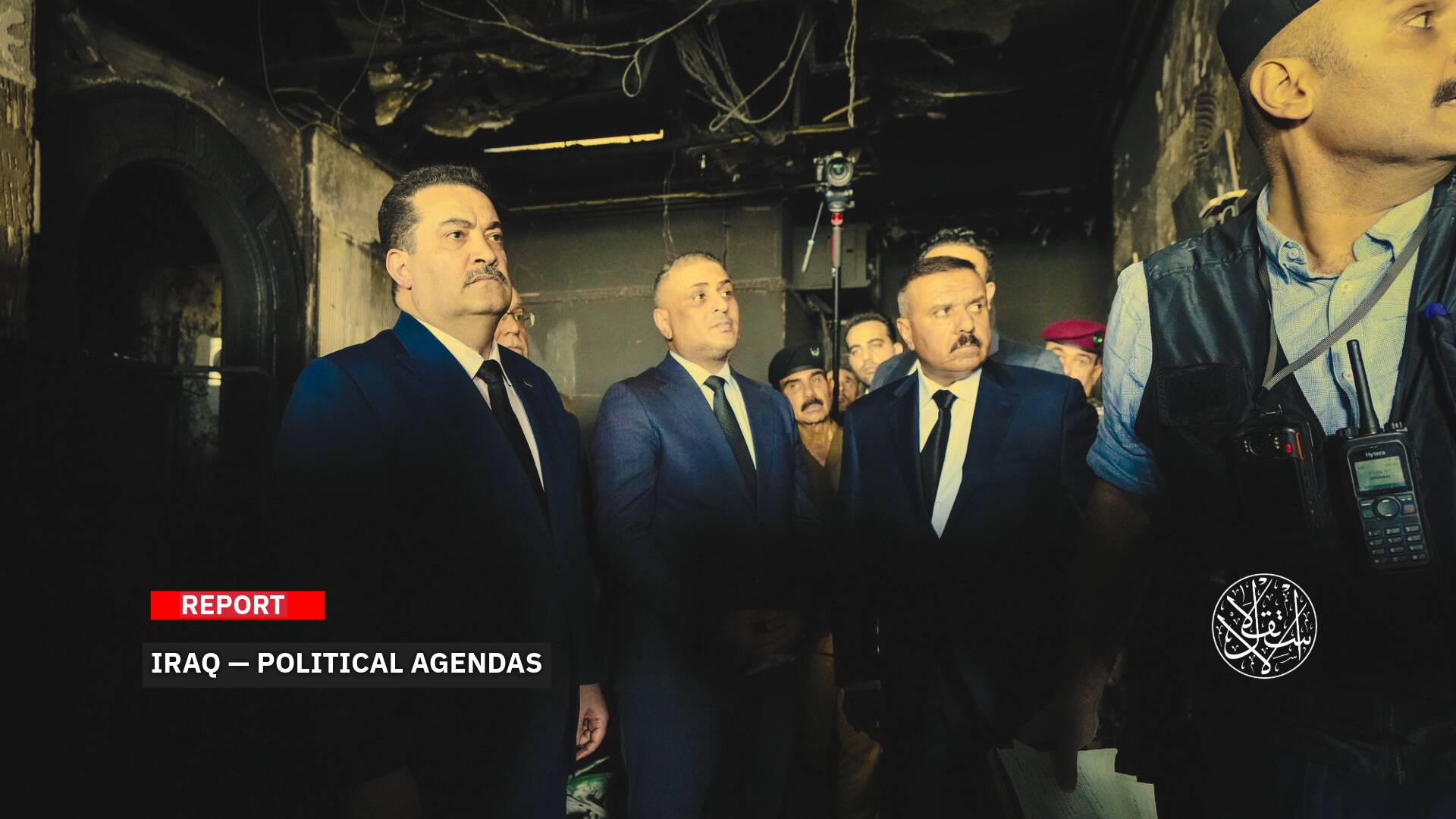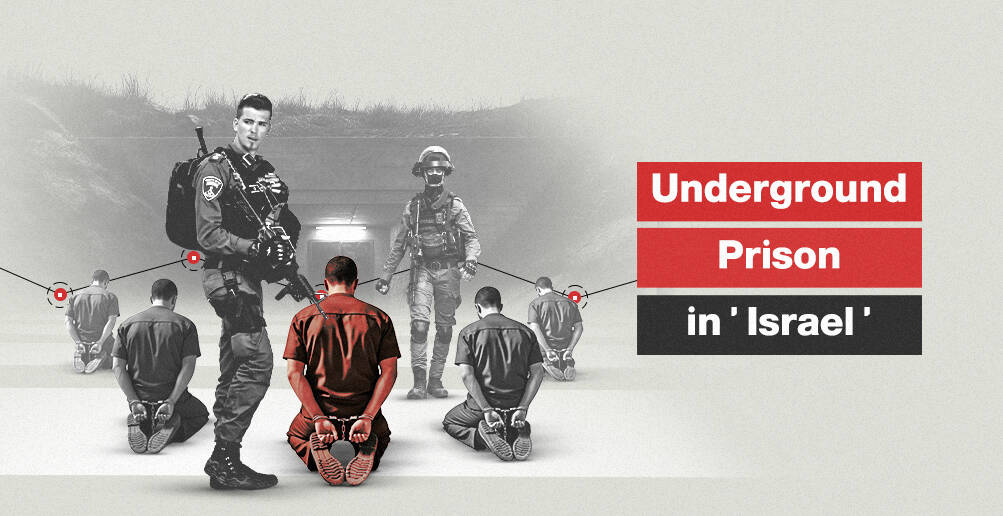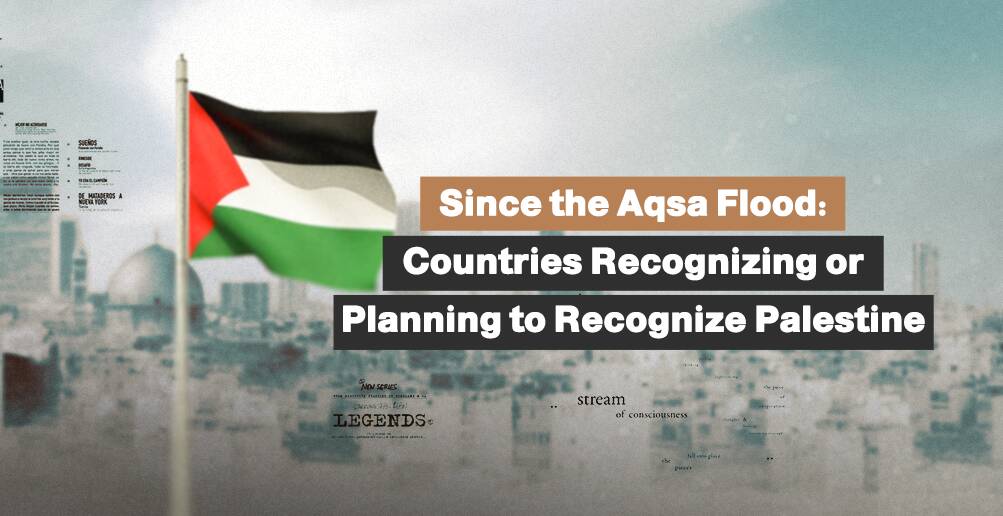Marriage of Moroccan Women to Foreigners; Is It an Opportunity to Improve Family's Economic Situation?

The marriage circumstances of Moroccan women to foreigners differ, but the general observation suggests that the phenomenon has significantly increased. Starting with the daughter of the billionaire and Prime Minister Aziz Akhannouch who got married to a UAE husband, to many artists and celebrities and ending with the common Moroccan families, where it is rare to find a Moroccan household without a girl married to a foreigner.
Despite the many success stories that invade social media, the dramatic experiences that ended in failure are also widespread. What are the real reasons for Moroccan women to marry foreigners? Is it an escape from a harsh social reality, or a search for an opportunity to develop the economic conditions of the family, or is it an emotional attachment and openness to other cultures?

Conflicting Values
Maryam is a clinical psychologist in America and a mother of three children. She tells her story about the mixed marriage. Maryam was married for 18 years to an American husband of Brazilian descent. Maryam confesses that her experience was not one of the successful stories. The attempt to coexist for years failed in the end, and she decided to divorce because of the cultural difference that is blatantly manifested through the conflicting values that she and her husband were trying to instill in the hearts of their children.
Which leads to conflict and exacerbated problems on a daily basis. Maryam's marriage was not an escape from a harsh social reality because she immigrated to America alone in search of an opportunity to develop her academic and financial level before she met her life partner and together, they decided to establish a family with emotional motives. Maryam concluded her testimony by emphasizing that her failure does not necessarily mean that mixed marriage is a negative matter, but many circumstances and constraints determine the extent of the marriage's success or failure.
Ali Chaabani the Research Professor in Sociology at the Faculty of Legal, Economic and Social Sciences in New Salé explained to Al-Estiklal that “mixed marriage is a common social phenomenon in all societies and has existed since the organization of early social life of the family cells. Mixed marriage, like other marriages, fulfills psychological, social, economic, and legal needs and purposes. And the Islamic religion has permitted mixed marriages. After the development of societies and the intensification of migration between peoples.”
He pointed out: “However, taking into account the family's acceptance remains extremely important because the integration of the foreign element into the new culture and religion can cause major problems. Mixed marriages often result in problems due to cultural differences and immature perceptions about marriage and family”

Escaping Harsh Social Reality
Ali Chaabani elucidated, “This phenomenon has intensified, and its percentage has increased in recent years, but the analytical studies are few. Reasons such as “escape from a harsh reality” or “an opportunity to develop the economic level of the family” or “the openness of society to other cultures” are all valid hypotheses that can be formed based on direct observation. However, it is not possible to be certain and come up with definitive conclusions without providing quantitative and qualitative data to answer this question.”
He added “Many Moroccan women got married to foreigners to escape the cruel economic and social situation in Morocco. Many girls influenced by the stereotyped image that the media creates with its cameras and lights, fall victim to the seductive images of the ideal and often unrealistic life. Many of them try to marry foreigners in order to escape poverty, lack of education, and the inferiority complex. The girls imagine that a happy life and paradise exist outside the environment in which they live. There are many who were able to change their conditions throughout marriage, but others could not.”
Enhancing Economic Conditions
Rabia is the manager of her haircutting project in Morocco, married to a Korean Muslim and mother of two children, the oldest of whom is 21 years old. Rabia expresses her happiness with the success of her marriage despite the distance, as she spends about 3 months of the year in Korea in her husband's family home, while her husband spends about 3 months each year with his children in Morocco. Rabia explains that her marriage was an opportunity to discover Korean culture and open up to completely different traditions, as well as an opportunity to develop her business. However, the conditions of life in Korea are very expensive, which made it prefer to settle in Morocco, despite bearing the full responsibility of the children in light of the family structure, which is predominantly mobile, but in general, it is satisfied with this experience.
According to Ali “Instead of achieving the goal of enhancing their family’s economic conditions, many girls have become victims of this ideal image and have been blackmailed and put into great misfortunes. Here, I focus on the girls who did not earn any educational qualifications or diplomas, and their family situation is bad. The temptation to break away from miserable conditions and embrace prosperity in the fastest and easiest way pushes them to use marriage sites to connect with young men from different eastern and western societies. Yet, some of them have succeeded and achieved their financial goals, and others have unfortunately become victims.

Openness to New Cultures
According to Ali “Moroccan culture is open to other cultures and to different societies. The rate of migration to the east and west, whether Europe or the East, North and South America and even Africa, whether Islamic or non-Muslim, has increased.”
He pointed out that “Marriage of Moroccan women is governed, whether in eastern or western countries, by personal factors. Either to escape the life of misery that the Moroccan girl is living in her community of origin or a desire to improve her and her family's circumstances, which is an issue we notice in many marriages.”
He continued, “Additionally, the fact that they may find in this marriage what meets their psychological, emotional and economic needs is another important factor.” Many Moroccan women have opened up to many societies, especially in recent years, when immigration to the Arab Gulf countries and Turkey intensified.
For Europe, this is an old phenomenon. Moroccan women have always traveled to study or work and get married in Western countries, especially girls who are imbued with the Western belief system.

Danger and Legal Challenges
The choice of mixed marriage remains difficult if the two parties do not know the Moroccan family law. Divorce occurs, “because of cultural differences, lack of understanding, different behaviors and material reasons - especially when the Moroccan woman wants to improve her economic situation and burdens her husband with her requests, or because one of them refuses to have children. Or the wife's unwillingness to reside outside Morocco - this entails human rights problems."
As for Hind's story, it is a story that is frequently repeated with many young Moroccan women who marry from Gulf countries. She lived years of pure happiness with her Saudi husband until she became pregnant. Where the husband rejected the idea of children, insisted on an abortion, threatened her to take her son if they gave birth to him, and expelled her from Saudi Arabia. She stressed out that Saudi law does not protect foreigners from any abuse.
As for Aisha, who married a French husband through marriage sites, she tells a dramatic story of the suffering she experienced after traveling to France. After she arrived in France, she discovered that her husband suffers from severe psychological disorders, so he attacked her with a knife several times without any reason, he threatened to kill her and prevented her from communicating with anyone. Aisha spent months in his detention until she managed to escape. She returned to Morocco to complete her work as a teacher. Now she is fully convinced that the experience of marrying a foreigner through marriage sites carries many dangers.


